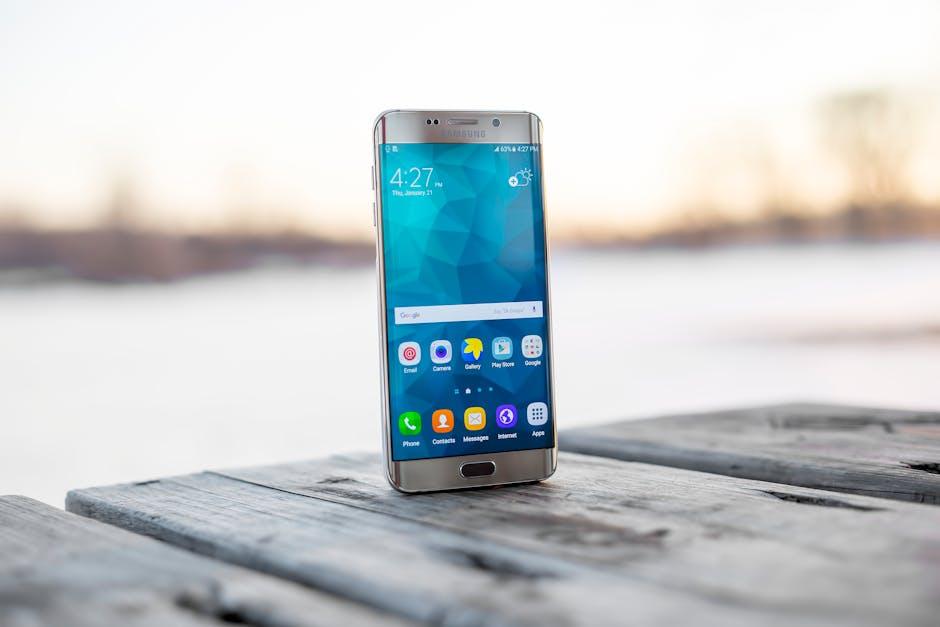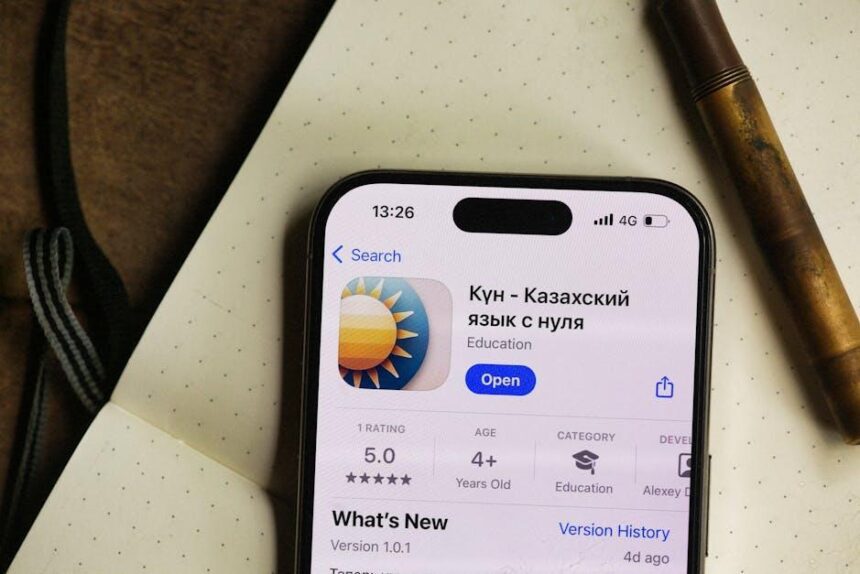In an age where our smartphones have become extensions of ourselves, the battleground for privacy is more crucial than ever. As our devices constantly collect, process, and share information, the choice of a mobile operating system is no longer just about features or speed-it’s about safeguarding our digital identities. Enter the world of privacy-first mobile operating systems, where design philosophies prioritize user control, data protection, and transparency above all else. These platforms challenge the norm, offering a glimpse into a future where privacy is not an afterthought, but the very foundation of mobile technology. This article explores how these innovative operating systems are redefining trust in the palm of our hands.
Exploring the Core Principles of Privacy-First Mobile Operating Systems

At the heart of any privacy-first mobile operating system lies a commitment to reimagining user control and security. Unlike conventional platforms that often prioritize convenience over confidentiality, these systems embed privacy into their very architecture. This is reflected in their minimal data collection policies, where user information is retained only to the extent necessary for core functionality. Permissions are granted with explicit user consent, and background tracking is curtailed by default. Users enjoy granular controls, empowering them to decide exactly which apps can access their microphone, location, contacts, or other sensitive data, fostering a truly personalized privacy experience.
Another fundamental element is transparency, where operating systems openly communicate how data flows through the device and what safeguards protect it. This can be illustrated in a simple comparison of features:
| Feature | Privacy-First OS | Conventional OS |
|---|---|---|
| Data Encryption | End-to-end by default | Partial, optional |
| App Store Review | Strict, privacy-centric | Lenient, broad content |
| Telemetry | Disabled or opt-in only | Enabled by default |
| Network Traffic | Monitored locally | Routed via third parties |
By prioritizing these principles, privacy-first mobile operating systems build an environment where users can confidently interact with their devices without fearing unwanted surveillance or data exploitation.
Comparing Leading Privacy-Centric Platforms and Their Unique Features

When exploring privacy-first mobile operating systems, it’s essential to consider how each platform handles data encryption, app permissions, and network security. Platforms like GrapheneOS stand out for their rigorous sandboxing techniques and regular security audits that drastically minimize attack vectors. On the other hand, Ubuntu Touch emphasizes user control with open-source transparency and minimal background data collection. Each system uniquely balances the trade-offs between usability and maximum protection, allowing users to choose a setup tailored to their privacy priorities.
Below is a snapshot comparison highlighting key features that set these platforms apart:
| Feature | GrapheneOS | Ubuntu Touch | CalxyOS |
|---|---|---|---|
| Encryption | Full disk encryption + secure boot | File-based encryption | Full disk encryption |
| App Permissions | Granular app sandboxing | User-controlled permissions | Google-compatible granular controls |
| Network Privacy | Default DNS over TLS | Supports Tor integration | Built-in VPN option |
| Open Source | 100% | 100% | Partially |
Balancing User Experience with Enhanced Data Protection Measures

Striking the right balance between seamless user experience and fortified data protection is a critical challenge for privacy-first mobile operating systems. These platforms invest heavily in intuitive design that minimizes friction while integrating robust security protocols. Features like automatic encryption, permission-based app access, and real-time privacy alerts are implemented without overwhelming the user. By prioritizing transparency and simplicity, users remain in control of their data without facing complicated settings or interruptions to their daily routines.
Moreover, privacy-centric OS developers emphasize essential elements that enhance both usability and security, including:
- Granular Permission Management: Allowing users to selectively grant permissions on a per-app basis.
- Adaptive Security Layers: Dynamic adjustments based on usage patterns to prevent unauthorized access.
- Minimal Data Footprint: Operating systems designed to limit data collection and storage to the bare minimum.
| Feature | User Impact | Security Benefit |
|---|---|---|
| End-to-End Encryption | Uninterrupted messaging | Data confidentiality |
| Sandboxed Apps | Stable multitasking | Isolates threats |
| Biometric Authentication | Quick device access | Prevents unauthorized entry |
Practical Tips for Choosing and Customizing a Privacy-First Mobile OS

When selecting a privacy-first mobile operating system, clarity about your personal privacy priorities is essential. Consider the underlying permissions model-does the OS allow granular control over app permissions, or does it simply offer an all-or-nothing approach? Seek platforms that minimize data collection by default and emphasize transparency. Additionally, look for active community support and regular updates, as these signify a commitment to security and privacy patches. Remember, platform compatibility with your favorite apps may vary, so test compatibility before fully committing.
Customization plays a key role in tailoring privacy settings to your comfort level. Start by disabling unnecessary sensors and background app activities that might track your behavior. Utilize built-in or third-party firewall and VPN options to further shield your network traffic. Here’s a simple checklist to guide your customization process:
- Adjust App Permissions: Disable location, microphone, or camera access when not explicitly needed.
- Limit Data Synchronization: Turn off automatic cloud backups that flood your data into third-party servers.
- Employ Alternative App Stores: Source apps from open-source or privacy-conscious repositories.
- Use Encryption: Activate full disk encryption and protect communications with end-to-end encrypted messengers.
In Summary
In a world where our pockets carry the gateways to our lives, privacy-first mobile operating systems emerge as silent guardians-quietly redefining the balance between convenience and confidentiality. They invite us to imagine a digital future where control returns to the individual, where every swipe and tap respects the sanctity of personal space. As technology continues to evolve, so too does the promise of a more private mobile experience, reminding us that sometimes, the best innovation is simply the freedom to be unseen.











